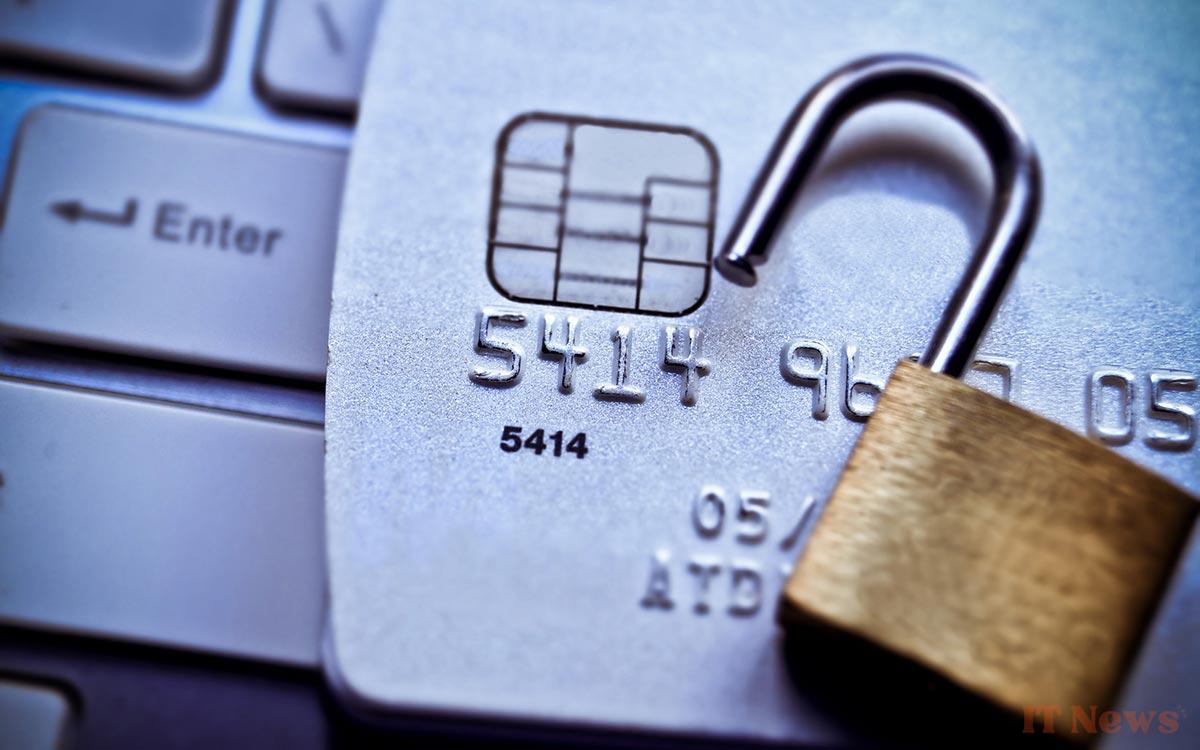A VPN is important for securing your online transactions. While payment processors and banking apps offer good basic protection, encrypting all of your traffic protects you from certain types of attacks, especially when you're connected to public Wi-Fi.
Every day, Internet users carry out numerous online transactions, as well as operations that sometimes require them to log in to their bank's website or app.
There are always risks when using sensitive data on the Internet. Bank details are one of the most sought-after types of data for hackers.
What are the risks of having your banking data intercepted online?
Using your bank card online is a safe option most of the time, especially if you do it on reputable sites. One of the first things to do before making a transaction is to check the padlock in your browser's URL bar. This is a good indication that your browser is secure (HTTPS), but it's not a complete guarantee.
Indeed, any hacker can create a website using HTTPS. All you need to do is install an SSL/TLS certificate, which is very easy, and even free with some hosting providers. By redirecting you to their fake site, they can collect your bank details using classic phishing techniques.
Even with the greatest vigilance to avoid this type of trap, some manipulation techniques are more difficult to thwart. This is the case with DNS Spoofing.
If a hacker is on the same network as you—which is more likely on public WiFi—they could intercept your DNS requests and manipulate them to redirect you to trap sites. This is possible because DNS requests are generally not encrypted.
Once on a phishing site, all the data you enter via a form (login, payment, etc.) can be easily retrieved.
For example, by typing paypal.com in your browser's address bar, you can be redirected to paypaI.com. Don't see the difference? It's impossible to see, but the second URL uses a capital i and not a lowercase L. So these are two completely different domain names. This is the kind of fake site that can allow a hacker to steal your sensitive data.
How a VPN Helps Protect Your Online Transactions
A VPN protects your entire internet connection by encrypting all your traffic, unlike HTTPS encryption, which is limited to the sites you visit and does not protect your online privacy.
This type of solution thus offers an additional layer of security, especially on public Wi-Fi. All your requests are thus protected and safe from interception by malicious third parties.
The best VPNs also protect you against DNS query manipulation by systematically encrypting them. This prevents you from falling victim to techniques like DNS Spoofing. Not all VPNs offer this protection, but a reliable VPN like Proton VPN offers DNS query encryption.
Some additional precautions to take:
- Choose a reliable VPN and avoid free VPNs as they do not have a good credibility rating
- Always check the URL of the sites you visit to flush out easily identifiable clones (even if they are HTTPS)
- Check the sender of your emails carefully to avoid fake email campaigns containing dangerous links
- Install a strong antivirus
- Always install the latest updates for your operating system and applications.
As you can see, online transactions are safe most of the time, but in some cases, you can be trapped by well-established hacking techniques. With a reliable VPN, you can limit these risks, but that doesn't mean you don't need to stay vigilant to avoid other classic phishing traps.
Proton VPN Full Features.
This article is a sponsored post brought to you by Proton VPN





0 Comments